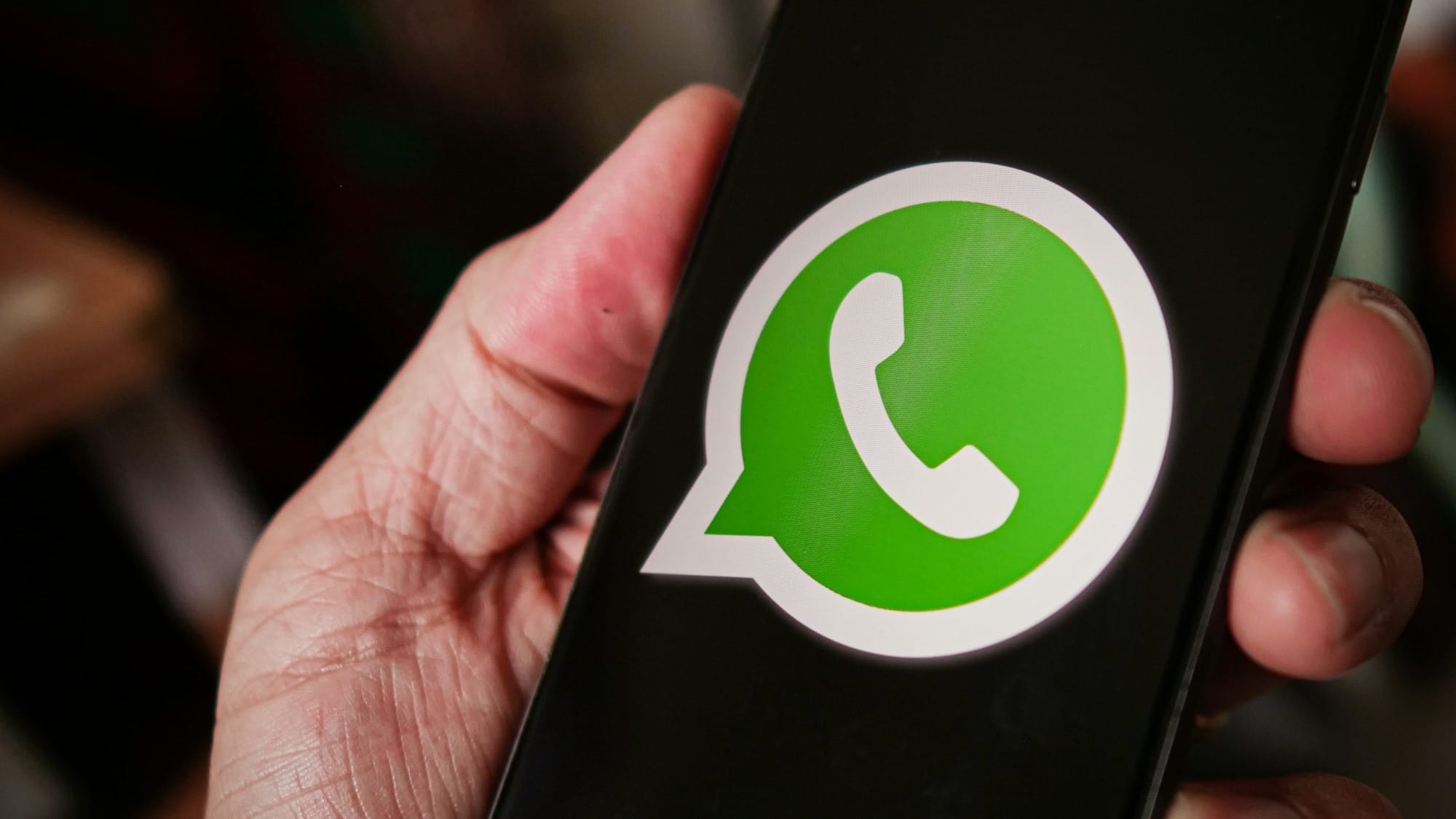WhatsApp’s Biggest Competitors
It’s interesting to note that other messaging platforms offer perks and quirks that WhatsApp doesn’t.

With 25.3% of the world’s population using WhatsApp, it’s no surprise that it dominates the market, but that doesn’t mean it’s not without competition.
The fact that its user base only continues to grow as it becomes more popular in certain countries, including the United States, makes it an unbelievably dominant app.
While it’s used primarily for cross-platform instant messaging and free video and voice calls, there are also other features like location sharing, voice messaging, and sticker creation.
However, it’s unsurprisingly not the only messaging app out there, as other messaging platforms offer perks and quirks that WhatsApp doesn’t. Just like Casinos.com has provided an overview of online casinos and casino apps, here is our breakdown of the biggest competitors giving WhatsApp a run for its money.
Telegram
Telegram Messenger, more commonly known simply as “Telegram,” differs from WhatsApp in that it was built around the ethos of privacy and encryption. Its creators, brothers Nikolai and Pavel Durov, structured the brand as a non-profit organization and strayed away from governmental data requests by keeping its office locations private and moving countries as needed. With millions of users joining the app year after year, it became widely successful and a mainstream choice for instant messaging. In the summer of 2024, Telegram had 950 million monthly active users.
While the Telegram app has all the classic features, such as private or group messaging, voice and video calls, and stories, it also has Secret Chats, silent and scheduled messages, and a variety of bots that help with audio transcription, translation, and more.
Signal
Signal also has the appeal of being developed by a non-profit called Signal Foundation and a stronger focus on privacy and encryption than WhatsApp. While it requires you to sign up with a phone number like many other phone messaging apps, it allows users to hide their phone numbers using a customized username. As the app was being developed, the creators took security seriously, addressing any flaws and holes in the system right away.
Interestingly, Signal was made popular in the US during the George Floyd protests. With concerns surrounding communication privacy, people saw Signal as a way to maintain their privacy and exercise freedom of speech. The app accommodates group voice and video calls with up to 40 participants, stickers, GIFs, voice notes, document sharing, and even a face-blurring feature. As of January 2022, the app has around 40 million monthly active users.
Facebook Messenger
Facebook Messenger, an instant messaging service formerly attached to Facebook, is another app under the Meta umbrella. Today, users can simply sign up with a phone number and sync their contacts or search them up by name or phone number. This app differs from other apps on this list because of the availability of social media-like tools, including instant games, transportation requests, business interaction, and Messenger Pay. There’s also the ability to join or create a Messenger Room, which allows you to add up to 50 people. In a Room, you can play around with AR effects, share your screen, and use 360-degree virtual backgrounds and more for an interactive feel.
In October 2024, it was reported that 937 million people used Facebook Messenger—the third most-used messenger app after WhatsApp and our next contender, WeChat.
While WeChat is technically an instant messaging app, it’s considered a lot more than that in China, thanks to its incredibly wide range of functions. As a Chinese-founded app, WeChat has both the international version of its app, and Weixin, which is what it’s known as in Mainland China. As China has different laws surrounding data and surveillance, accounts registered with Chinese phone numbers are subject to Weixin’s terms of conditions, while international accounts are protected under WeChat conditions. WeChat is deemed a super-app because it provides classic messenger features, a walkie-talkie-like tool, integration with social networking services, games, mobile payments through WeChat Pay, Enterprise WeChat, and more.
At the end of 2023, approximately 1.3 billion monthly active users were using WeChat, most of which reside in China.
Line
Line has similarities to WeChat in that it is considered a “super-app,” with a news stream, on-demand video, digital wallet, and digital comic sharing. It was developed by a Japanese company and quickly became the country’s biggest social network. As Japan was accustomed to having to pay for smartphone calls and texting, Line filled a huge gap in the market, and Japanese consumers wanted the convenience of free communication. If you thought having 40 or 50 people in a group chat or room was a lot, Line one-ups those numbers with group accommodation for up to 500 people.
Of course, being a super-app means Line also has its own Uber-like service called Line Taxi, Line Pay, Line Wow for food delivery, Line Shopping, Line Doctor, and tons of other services. Its most famous feature, however, is the Sticker Shop, home to the endearing Line Friends stickers and characters.
Skype
While Skype was once the go-to solution in the early 2000s for video calling across borders, its user base has shrunk significantly after the rise of dedicated phone communication apps. Still, the app has around 300 million active monthly users, made for those who want to create larger group video chats with up to 100 people, screen share, record calls, and reach phones and landlines at affordable calling rates. Although it shares more similarities with apps like Zoom and Microsoft Teams nowadays, Skype is still primarily used for personal communication.






